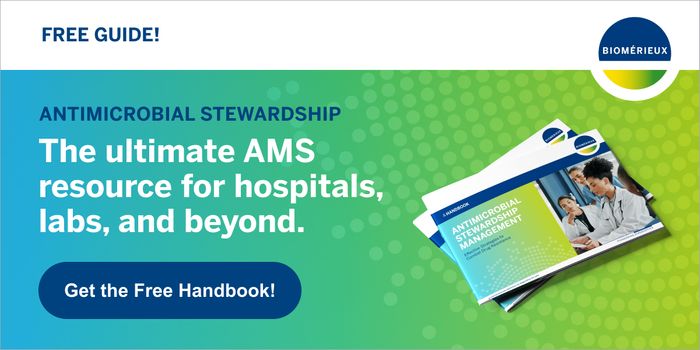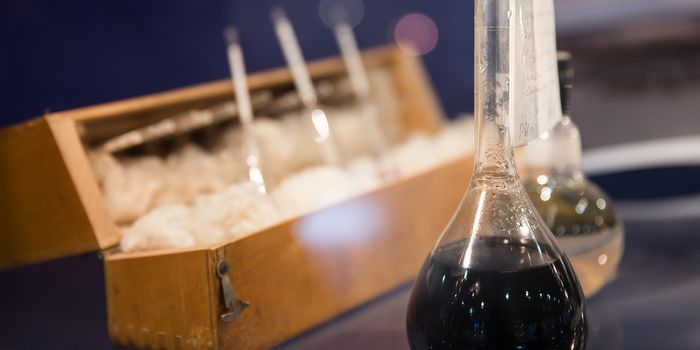New Insights Into How Fats Can Affect Immunity
Immunity is closely linked to metabolism, and in recent years, scientists have found that fat molecules, or lipids, can have a significant impact on how immune cells called macrophages are activated. Macrophages are on the front lines of our immune system, patrolling the body for invaders and responding to them when they're identified. While lipids are known to provide energy and have other functions in the body, they also play a central role in gene expression and signaling in macrophages. The disruption of lipid metabolism in macrophages has been linked to issues like obesity, cancer, and atherosclerosis.
When macrophages are activated, lipid metabolism within those activated cells is altered. Viral infection, for example, changes how lipids are metabolized in macrophages. The opposite is also true; when lipid metabolism is altered in macrophages, it changes how the immune cells regulate inflammation.
An antigen presenting molecule known as CD1d can bind to natural killer T cells, and also presents lipid antigens to those cells. Changes in CD1d levels have been associated with several autoimmune diseases, and it's thought that CD1d expression must be carefully regulated.
A new study has shown that CD1d links innate immunity and lipid metabolism. When researchers removed Cd1d from macrophages, there was an increase in the release of inflammatory molecules called cytokines. Two important signaling pathways (MAP-Kinase and NF-kB) were also upregulated, making these cells hyper-responsive.
A disruption of lipid metabolism was found to be driving those changes. When the researchers analyzed gene expression in the macrophages lacking CD1d, they found that there was a downregulation of pathways related to lipid metabolism. The researchers also found that lipid imports to the cells were increasing; metabolism in the cell was shifting from lipid synthesis to lipid import.
The findings have been reported in Nature Communications.
"Our paper identifies novel mechanisms underpinning the activation of immune cells, by providing a direct link between lipid pathways and immune cell activation. Our data suggest that manipulation of lipid pathways could represent a therapeutic target to improve immune responses in a variety of diseases," said study leader Dr. Patricia Barral of King's College London.
Sources: Kings College London, Nature Communications









